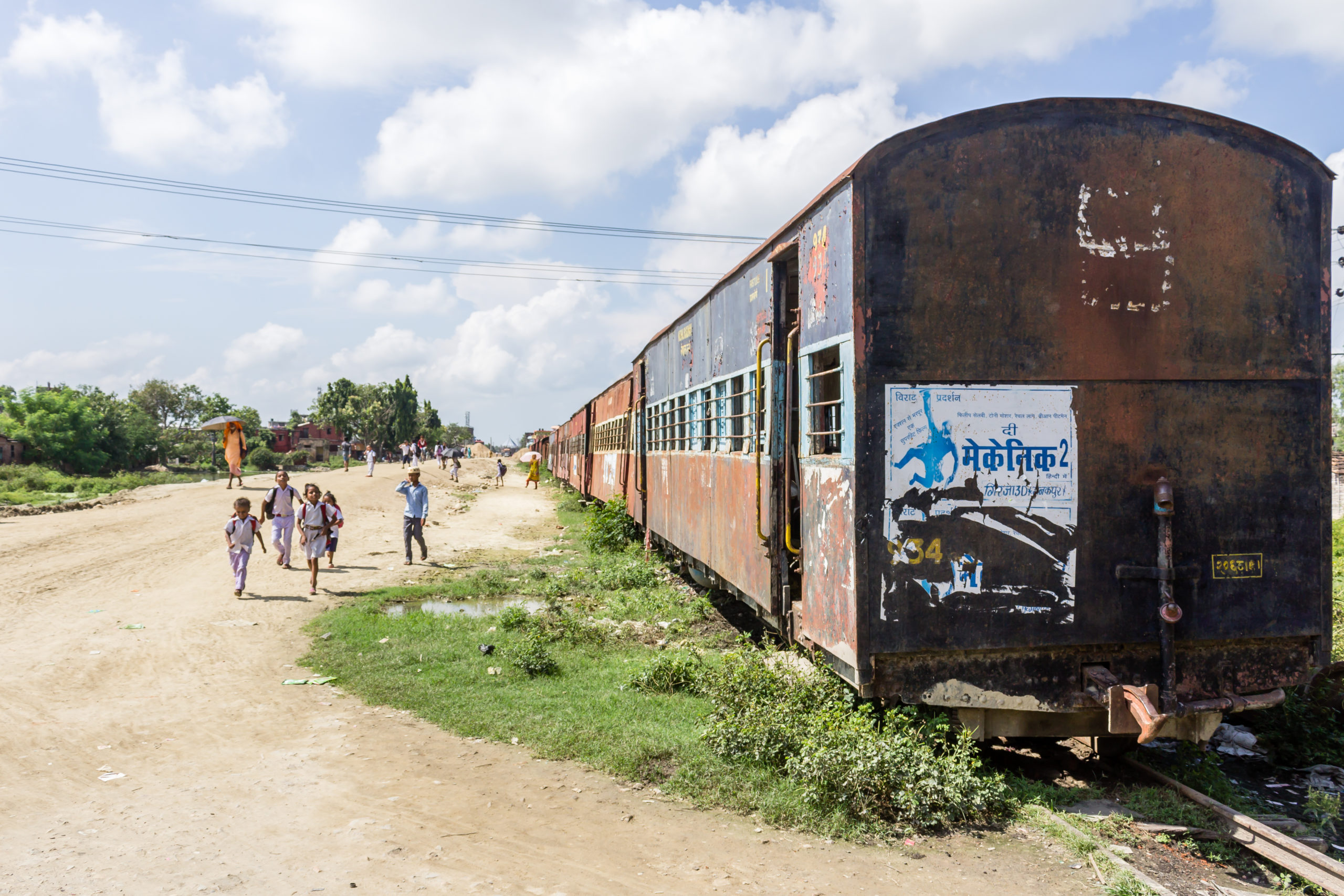
India and China are competing to build rail connections – and influence – in the Himalayan state of Nepal, with India somewhat ahead in the race, according to a report in The Kathmandu Times.
An Indian team has almost completed a detailed feasibility study for the cross border Raxaul–Kathmandu railway, whereas a Chinese team has only just begun its feasibility study for the Kerung-Kathmandu line.
Rohit Kumar Bisural, director general of Nepal’s Department of Railways, said the Indian side had completed survey work on the proposed broad-gauge line between Raxaul, a town in the Indian state of Bihar, and Kathmandu.
India’s state-owned Konkan Railway Corporation, which worked on the survey, is expected to submit its report by May.
The Chinese project is being carried out by a six-member team from the China Railway First Survey and Design Institute Group. They visited Nepal at the end of last month to study the feasibility of the proposed Nepal-China cross-border railway. It was the first time since the Covid-19 pandemic that the Chinese team had left home soil.
During the reconnaissance survey, they observed some areas that fall under the alignments proposed by the pre-feasibility study which was prepared in late 2018. “We can now say that the task of detailed feasibility study has moved forward,” the Department of Railways commented.
The full feasibility study is expected to take 42 months to complete.
The 141km Indian line will begin in Raxaul and pass through Jitpur, Nijgadh, Sikharpur, Sisneri and Sathikhel before connecting Chobhar, Kathmandu. There will be 41 bridges.
The Chinese railway will be part of the 550km line connecting the Tibetan city of Shigatse with Kerung near the Nepal-China border. Although just 75km long, construction will cost over $3bn owing to the mountainous terrain.
The surveys highlight the competition between India and China to bring Nepal within their respective orbits. Both sides self-funded their studies. Neither has said how it intended to fund the eventual construction work.
Ananta Acharya, a former director general at the Department of Railways, said Nepal’s geopolitical importance could work to its advantage.
He said: “What we should not do is try to use one country against another,” he said. “We can build trust with both and convince them to build important development projects in Nepal.”
Further reading:










